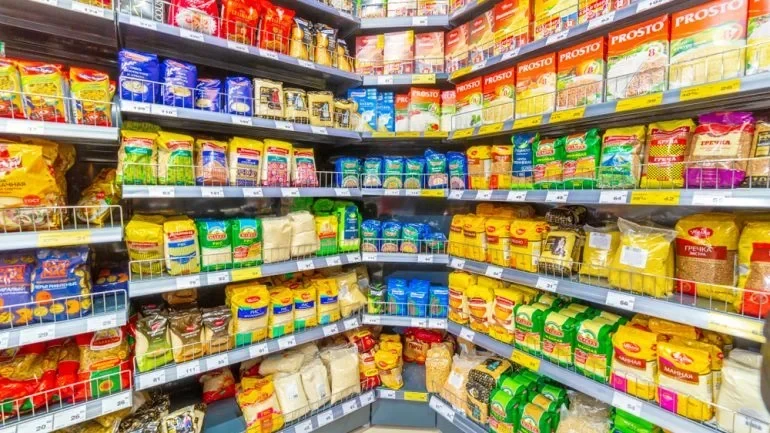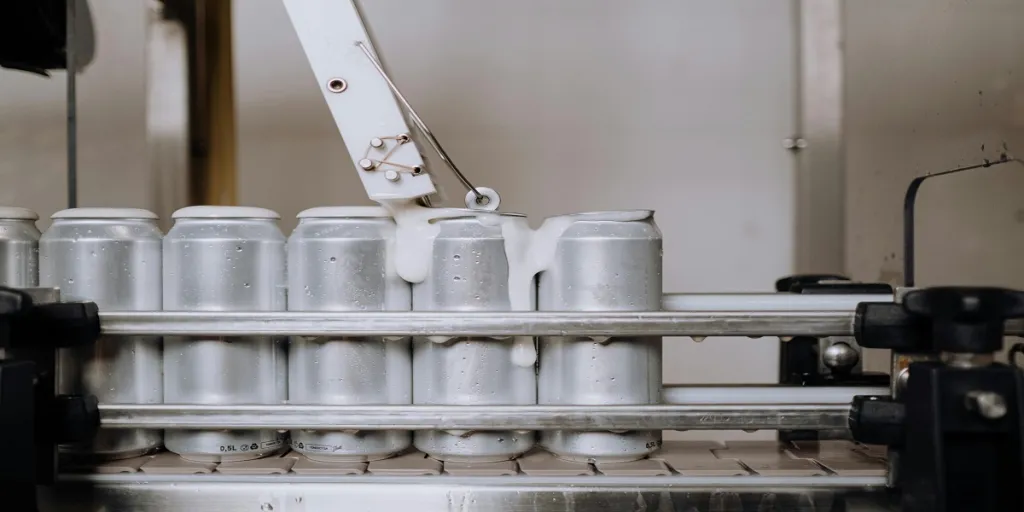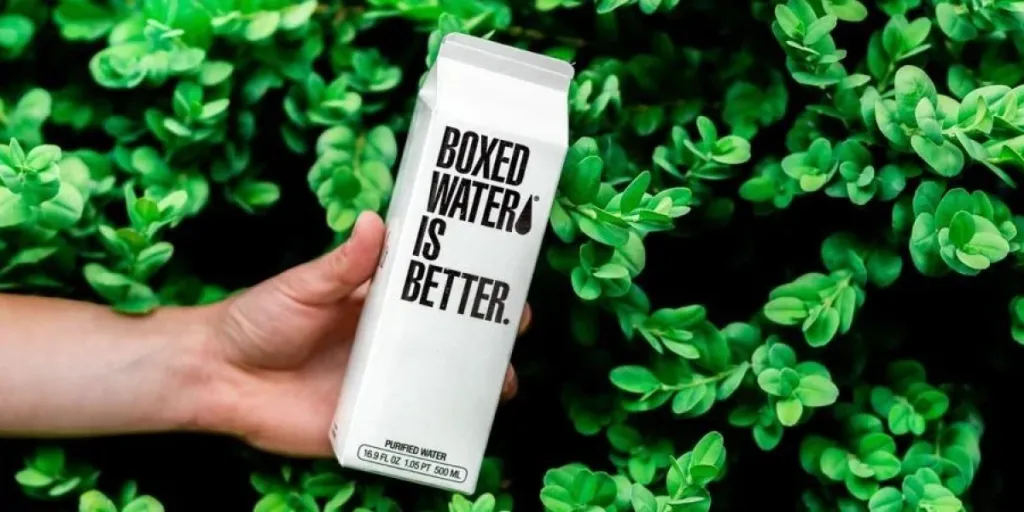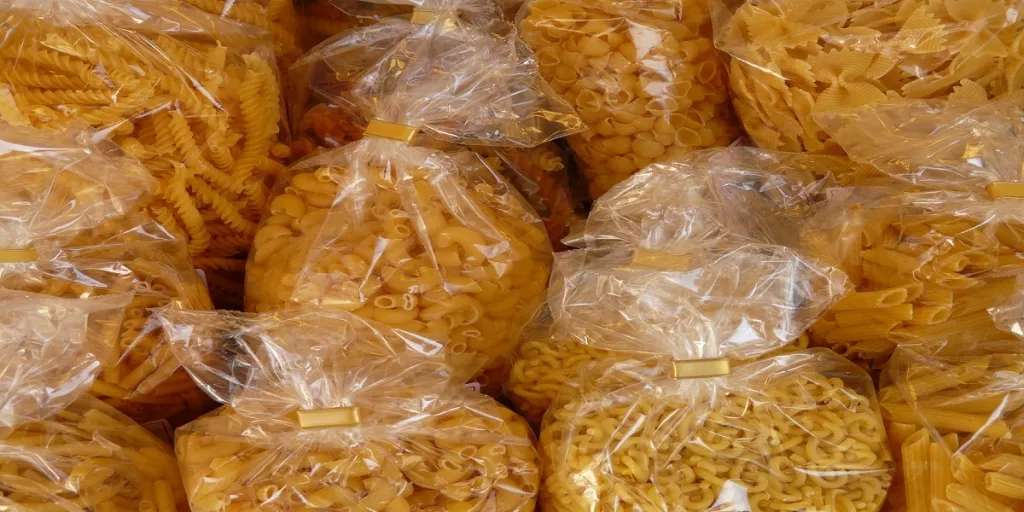Flexible packaging is leading a quiet revolution in the retail sector, dramatically transforming how products are presented, protected, and preserved.

In an era where convenience and sustainability are paramount, the retail industry is witnessing a transformative shift towards flexible packaging solutions.
This innovative approach is not only altering the landscape of product packaging but is also significantly enhancing consumer experience and environmental stewardship.
As businesses continually seek to differentiate themselves and appeal to eco-conscious shoppers, flexible packaging emerges as a game-changer.
Embracing efficiency and sustainability
The adoption of flexible packaging is driven by its remarkable ability to reduce material usage, energy consumption, and carbon footprints.
Unlike traditional rigid packaging, flexible options use less plastic, are lighter in weight, and often incorporate recyclable materials. For instance, a shift from glass jars to flexible pouches can slash packaging weight by up to 90%, substantially decreasing transportation costs and emissions.
Retailers are increasingly conscious of their environmental impact, spurred by regulatory pressures and consumer demand for greener products. Major supermarkets and brands across the UK are now pioneering the use of fully recyclable flexible packaging solutions.
These efforts not only meet regulatory requirements but also resonate well with consumers, who are more likely to support brands with strong sustainability credentials.
Moreover, the versatility of flexible packaging allows for innovative designs and improved product protection. It can be resealed and is more robust against breaks and spills, extending the shelf life of perishables such as fruits, vegetables, and dairy products.
This not only minimises food waste—a significant issue in the UK—but also enhances consumer convenience.
Enhancing consumer experience
Flexible packaging is revolutionising the shopping experience by offering unmatched convenience.
Its lightweight nature makes products easier to transport and store, a boon for both retailers and consumers. Additionally, the design flexibility allows for more creative and informative labelling, enhancing brand visibility and consumer engagement.
An example of this innovation can be seen in the rise of stand-up pouches used for everything from coffee to pet food. These pouches often feature zip locks or spouts, making them easy to use and reseal, thus maintaining product freshness.
The tactile appeal and convenience of such designs often translate into higher consumer satisfaction and repeat purchases.
Furthermore, with the advent of smart technologies, flexible packaging is increasingly incorporating elements such as QR codes and NFC (Near Field Communication) tags.
These technologies not only engage consumers with interactive content but also provide detailed product information, further empowering consumer choices and fostering brand loyalty.
Leading the way to a circular economy
Perhaps the most significant impact of flexible packaging is its potential to contribute to a circular economy. The UK’s commitment to reduce plastic waste and promote recycling is well-supported by innovations in flexible packaging.
Developments in biodegradable and compostable materials are paving the way for packaging solutions that promise a lower environmental impact without compromising functionality.
Companies are exploring alternative materials derived from renewable sources, such as plant-based polymers, to create flexible packaging that can decompose naturally or be recycled efficiently.
These materials are designed to break down more quickly than traditional plastics, offering a promising solution to the persistent problem of plastic waste.
The challenge, however, remains in creating a robust recycling infrastructure to handle these materials.
The British Plastics Federation (BPF) and other industry bodies are collaborating with government agencies to enhance the UK’s recycling capabilities. This includes increasing the number of collection points and improving sorting and processing technologies to accommodate the unique demands of recycling flexible packaging.
In the end, flexible packaging is not just transforming retail; it’s redefining the possibilities for a sustainable future in packaging.
By reducing waste, enhancing consumer experience, and supporting the shift towards a circular economy, this innovative approach holds the key to addressing some of the most pressing environmental challenges of our time.
As retailers and consumers alike become more environmentally conscious, the role of flexible packaging will only grow, marking a new era in retail that prioritizes both efficiency and ecological responsibility.
Source from Packaging Gateway
Disclaimer: The information set forth above is provided by packaging-gateway.com independently of Chovm.com. Chovm.com makes no representation and warranties as to the quality and reliability of the seller and products.





 বাংলা
বাংলা Nederlands
Nederlands English
English Français
Français Deutsch
Deutsch हिन्दी
हिन्दी Bahasa Indonesia
Bahasa Indonesia Italiano
Italiano 日本語
日本語 한국어
한국어 Bahasa Melayu
Bahasa Melayu മലയാളം
മലയാളം پښتو
پښتو فارسی
فارسی Polski
Polski Português
Português Русский
Русский Español
Español Kiswahili
Kiswahili ไทย
ไทย Türkçe
Türkçe اردو
اردو Tiếng Việt
Tiếng Việt isiXhosa
isiXhosa Zulu
Zulu